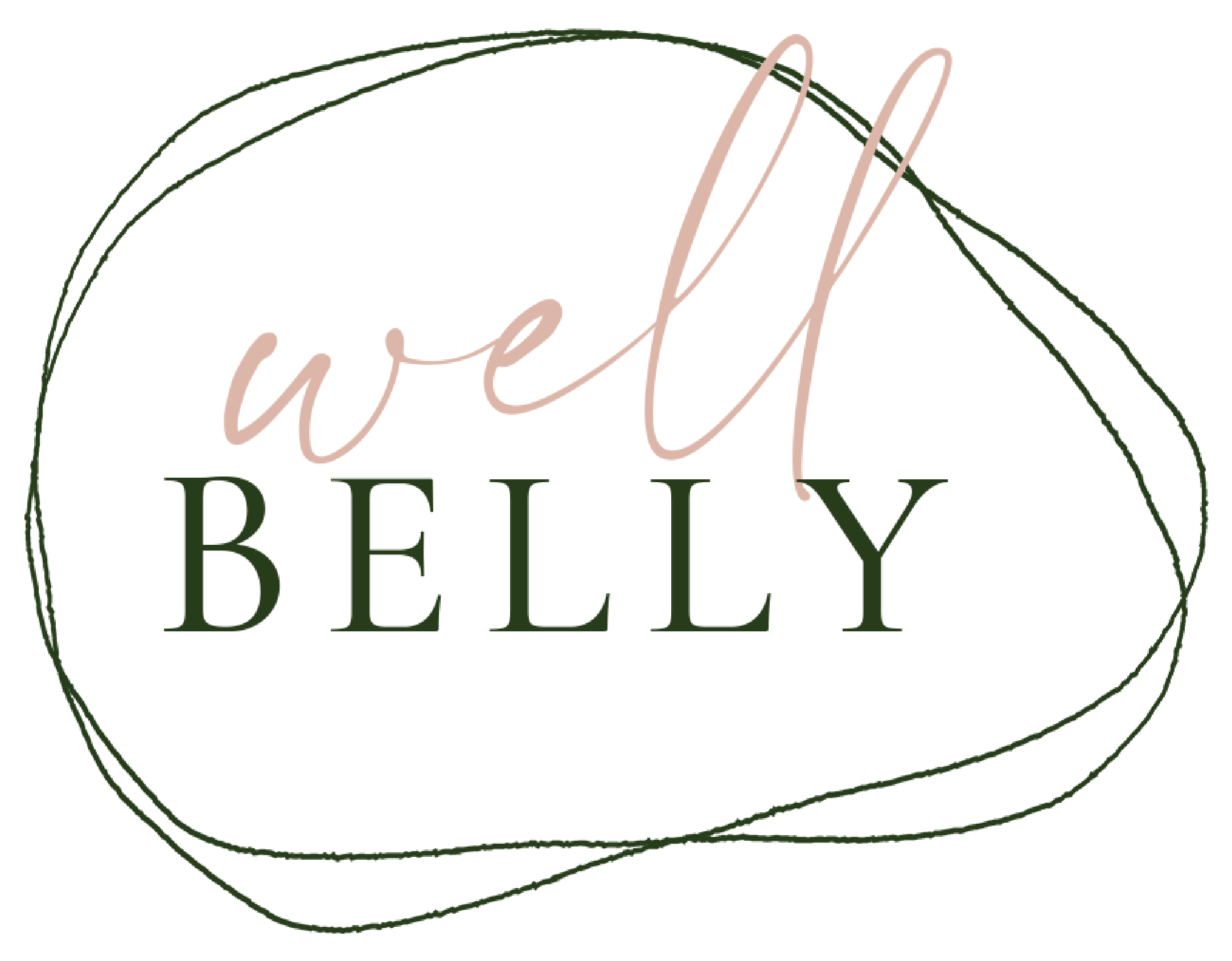Fat Digestion and Its Impact on Our Health
In the realm of digestive health, one overlooked issue that can affect countless individuals is fat digestion. Surprisingly, many people suffer from problems with fat digestion without even realizing it. In this blog post, we will look at the common symptoms, underlying causes, and consequences of poor fat digestion. By understanding this commonly missed digestive problem, we can take steps to alleviate discomfort, improve nutrient absorption, and enhance overall well-being.
Dry skin, nausea, aversion to fat and meat, constipation, diarrhea after consuming fats, heartburn, reflux, fullness, bloating, burping, and discomfort in the liver/gallbladder region - these are some of the telltale signs of fat digestion difficulties. Though these symptoms can manifest individually, they can also occur simultaneously, making the issue all the more difficult to pinpoint..
At the heart of fat digestion troubles lies stagnation of bile in the liver. Over time, this stagnation leads to congestion and the formation of stones. Consequently, the flow of bile becomes compromised, hindering the breakdown and absorption of dietary fats. As if that weren't enough, this congestion can also affect the liver's ability to detoxify, giving rise to a host of additional symptoms.
Impaired fat digestion not only affects our ability to absorb essential nutrients but can also lead to deficiencies in fat-soluble vitamins that are crucial for various bodily functions. These vital nutrients are intricately involved in maintaining hormonal balance, supporting immune function, and sustaining overall health. Moreover, the increased toxicity resulting from compromised liver function further exacerbates hormone-related issues, creating a vicious cycle of imbalance and discomfort.
Fortunately, we can take proactive measures to support our fat digestion and restore balance to our bodies. Consider the following strategies:
Embrace Liver-Supportive Foods: Incorporate liver-loving foods into your diet, such as artichokes, dandelion greens, beets, turmeric, and lemon. These natural wonders promote healthy bile flow and support optimal liver function.
Encourage regular bowel motions: A diet rich in fruits, vegetables, and fats helps to maintain regular bowel movements and supports a healthy digestive system. Emptying your bowel regularly aids in the removal of waste products and toxins, reducing the burden on the liver.
Seek Expert Guidance: If you suspect fat digestion issues, consult a healthcare practitioner specializing in gut health. They can provide personalized guidance, conduct relevant tests, and recommend appropriate interventions tailored to your specific needs.
Consider Supplement Support: In some cases, digestive enzyme supplements or bile support supplements may aid in enhancing fat digestion. However, it is crucial to consult with a healthcare professional before incorporating any new supplements into your routine.
Our digestive health plays a fundamental role in our overall well-being. By addressing and resolving fat digestion issues, we unlock a multitude of benefits. These include improved nutrient absorption, enhanced detoxification, balanced hormones, and a renewed sense of vitality.
Remember, nurturing our digestive system is an act of self-love that has lasting effects on our body.

